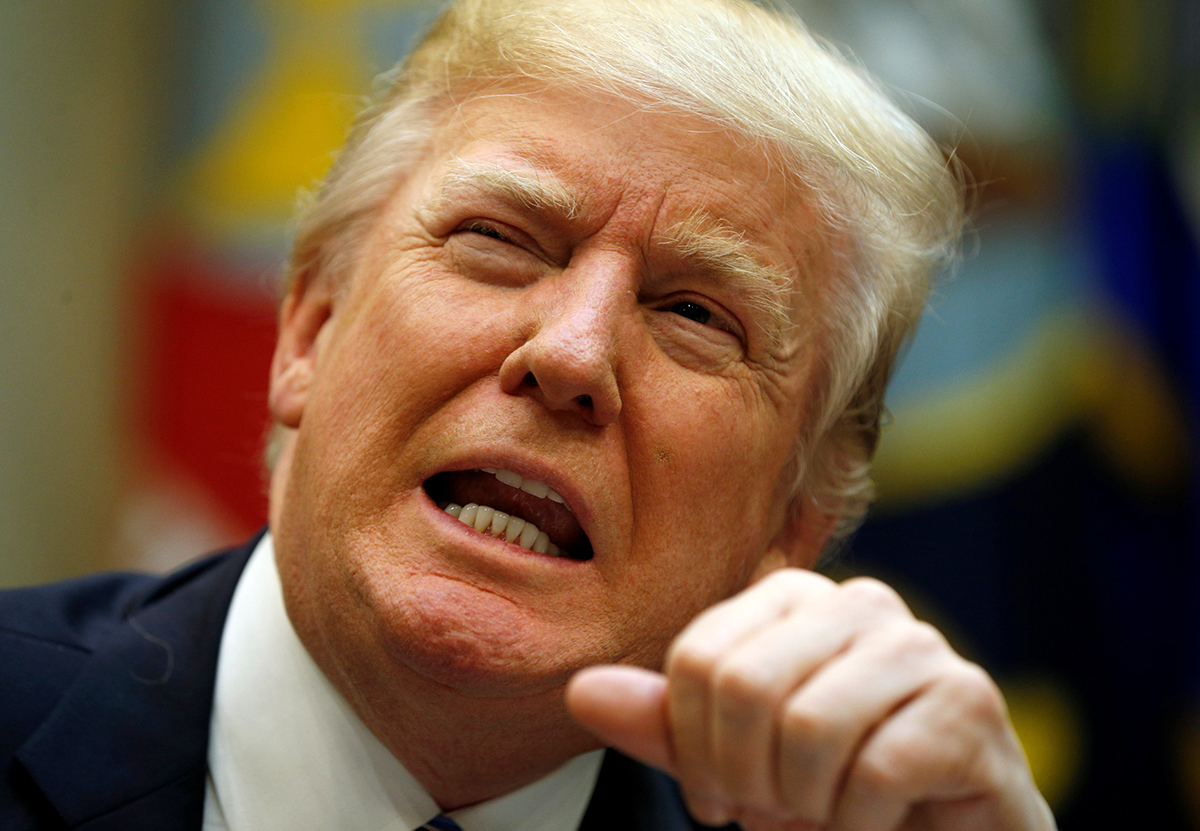
Throughout the Twitter verse, in Santa Monica, and all across the nation people were shocked on March 4th when President Donald Trump posted that he had just found out something terrible.
Donald J. Trump on X (formerly Twitter): “Terrible! Just found out that Obama had my “wires tapped” in Trump Tower just before the victory. Nothing found. This is McCarthyism! / X”
Terrible! Just found out that Obama had my “wires tapped” in Trump Tower just before the victory. Nothing found. This is McCarthyism!
Constant controversy and recent wiretapping scandals coming from our nations capital (about the C.I.A. allegedly hacking information, and possibly the president wiretapping) is shaking our country and those in small and big towns alike. Claims, such as these, tend to breed a larger mistrust in our government. Even though the allegations are unsubstantiated, they have the ability to put major question marks around Obama, Donald Trump and Washington D.C. as a whole.
People have been buzzing about both Obama possibly misusing power and Trump making allegations before proof was readily available. It was after posting these shocking tweets that Trump called for an investigation to find out the truth behind these wiretapping allegations.
Despite Obama’s spokesman, Kevin Lewis, saying these claims were false, the leaders of the House Intelligence Committee were not so sure. They requested the Justice Department provide proper evidence relating to these claims for a hearing that is set to take place on March 20th.
A department spokeswoman for the DOJ, however, has said that more time is necessary “to review the request in compliance with the governing legal authorities and to determine what if any responsive documents may exist,” according to Reuters.
Thus far, no strong evidence supporting Trump’s claims has been revealed to the public, and on Monday when asked about the wiretapping, Trump declined to comment.
Since the Tweets, a myriad of responses and different stories have been floating around, from civilians and officials alike. Citizens have flocked to social media waging Twitter wars, questioning the government, and arguing about the truth or fiction behind Trumps Tweets.
Officials also have been occupied with dissecting the meaning behind Trump’s allegations, and have hinted that Trump didn’t necessarily mean wiretapping in the literal sense, but rather a broader sense of the word. Hinting that perhaps he was referring to election surveillance as a whole, not specifically Trump Tower, and even suggesting that he was referring to the Obama administration as a whole, not Obama specifically.
Furthermore, in a press conference, the White House Press Secretary, Sean Spicer, discussed “wiretapping” by using air quotes, and defined it as something “that…that spans a whole host of surveillance type of options,” broadening the scope of the allegations and broadening the definition of wiretapping itself.
However, with the March 20th hearing date approaching next week and no evidence being turned over thus far, the House of Intelligence Committee may resort to more drastic measures. “If the committee does not receive a response by then, the committee will ask for this information during the March 20 hearing and may resort to a compulsory process if our questions continue to go unanswered,” a spokesman said according to Reuters.
With social media, government officials, and citizens still ablaze with concern, there is no telling if March 20th will truly bring any answers or rather just cause more tension.
Some content courtesy of Reuters.





